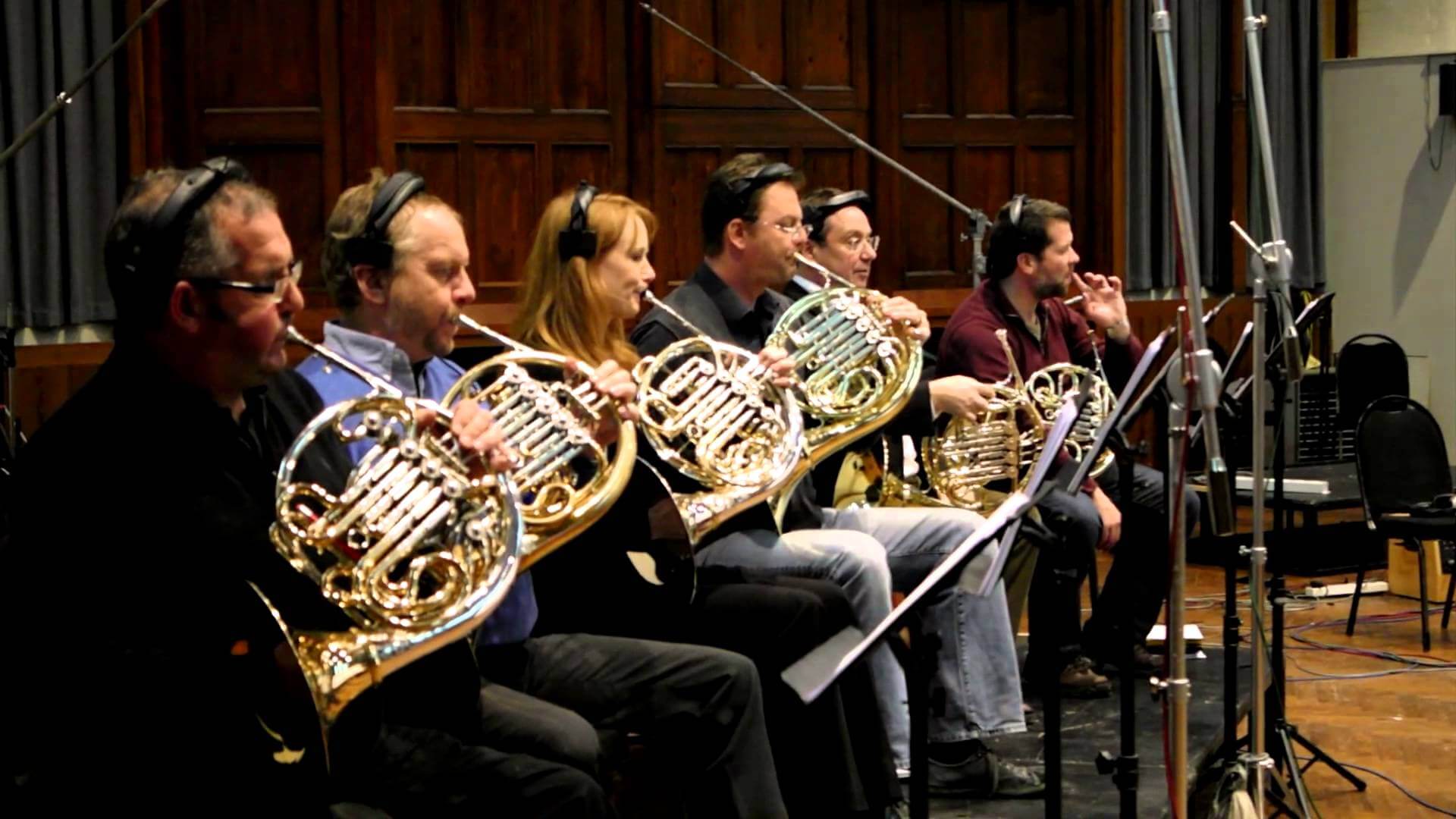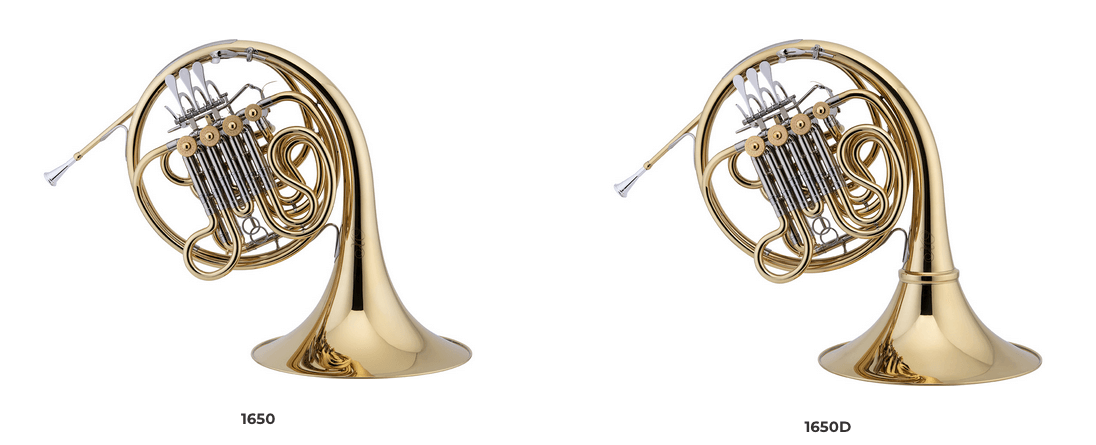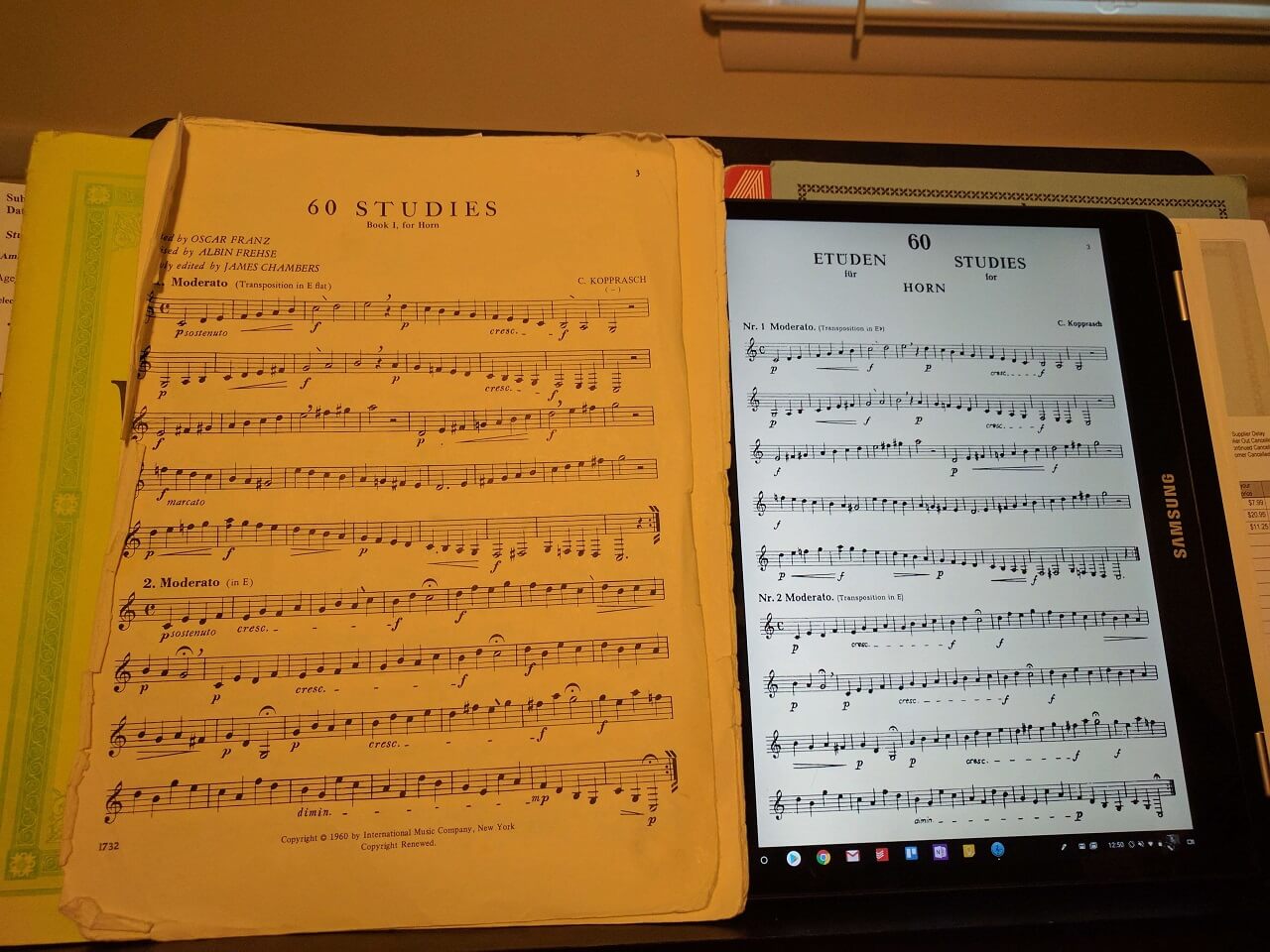Learning lots of repertoire is par for the course for most working musicians, whether they are freelancers or members of a full-time ensemble.
For lots of students entering the professional music world, though, this a new experience. It’s often a shock from school performances, where you’ll often work for a couple of months (or more) for a single concert, and then move on to repertoire for the next performance.
In the professional music world, though, there are often only a few rehearsals right before a performance, and that performance may be a one-off, a weekend’s worth of shows, or lasting a few weeks to months. Additionally, there are also time where you’ll be rehearsing one concert cycle but performing smaller, one-off shows with minimal rehearsal time.
Learning lots of varied repertoire efficiently, and keeping it all at a high level is something that most freelancers learn the hard way (read: public embarrassment).
In another short but informative post, James Boldin covers his method of repertoire organization. It’s very straightforward, but if you’re new to this, it may have some tips that you haven’t considered.
I like that one if his main points involves scheduling practice. I am definitely a fan of that approach. Making sure to to plan ahead to practice is one of the most effective and efficient ways of making sure you put in enough work, far enough in advance.
More ways to optimize your practice here.
Just like you can’t learn to play a good high C in a week, learning difficult repertoire involves putting in consistent practice time over weeks or months, not days.





